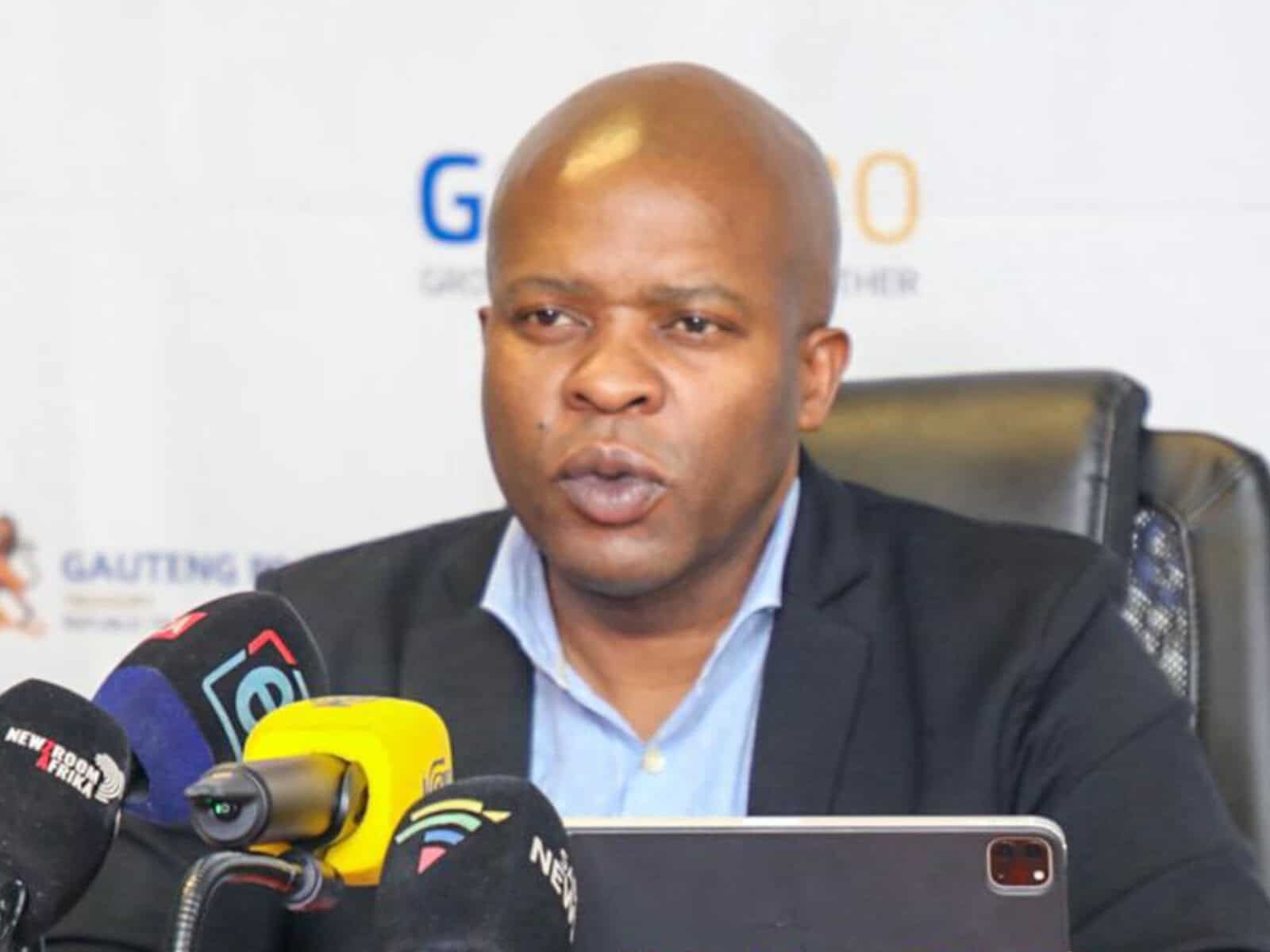MEC Lebogang Maile presented an overview of the Auditor General's annual audit results into Gauteng's financial statements.

The Auditor General (AG) of South Africa has shown partial satisfaction with Gauteng’s financial records; however, concerns still exist around irregular expenditure.
Eight out of 15 provincial departments and 14 out of 19 entities recorded clean audits in the last financial year, but “weak internal controls” were leading to a haemorrhaging of public funds.
Gauteng MEC for Finance Lebogang Maile on Sunday confirmed that the province had accumulated R4.2 billion in irregular expenditure during the reported period.
In paying suppliers, Miale said the government paid more than 192 000 invoices amounting to R48.9 billion — 97% of those invoices being paid within the stipulated 30-day window.
Six departments paid 100% of their invoices within the 30-day timeframe, while a further six achieved this target with 90% or above.
The departments of agriculture and health had the worst payment record, having met their 30-day obligation 71% and 37% of the time, respectively.
Causes of irregular expenditure
Supply chain management, internal controls and consequence management were highlighted as key causes of irregular expenditure.
Only 50% of departments had implemented recommendations made on last year’s irregular expenditure findings, while material misstatements represented 50% of problematic findings.
“[This] indicates weak internal controls and lack of adequate management reviews in the financial reporting processes,” stated Maile.
Clean audits were achieved by the Premier’s Office, the legislature and e-Governance, as well as the departments of economic development, community safety, cooperative governance and roads and transport.
Unqualified audits were achieved by the departments of social development, health, human settlements, infrastructure development and agriculture.
The department of sports, art and recreation was the only department to receive a qualified audit — a downgrade from the previous two financial years.
Tighter control of tenders
All but five provincial entities recorded clean audits.
These entities oversee key assets, such as the Cradle of Humankind and Constitution Hill, as well as industry-specific bodies, including the gambling board, film commission and liquor board.
The provincial tourism authority, Medical Supplies Depot, Innovation Hub and G-Fleet Management received unqualified audits, while the housing fund received an adverse audit opinion.
A qualified audit means the financials contain material misstatements, while an adverse audit opinion means that a significant portion of the statements contain misstatements.
Clean audits are free of material misstatements, while unqualified audits are also free of misstatements but do have issues regarding non-compliance.
Maile said the provincial government were aiming to tighten supply chain management processes related to tenders and requests for quotations.
“We want transparency and accountability regarding procurement and contract management in the province to enhance compliance,” stated the MEC.
“Our people expect us to build an accountable and clean government that can serve them better. This is what we are focused on doing,” he concluded.
How are audits clean but still riddled with irregular expenditure?
The AG explained to The Citizen that the R4,2 billion in irregular expenditure would come from different auditees and that the contributors to the irregular expenditure did not receive clean audits.
Clean audits can also be obtained if the irregular expenditure is properly disclosed.
“However, the non-compliance identified might be immaterial, which will then not result in other matters in the audit report,” stated the AG.
“The AGSA expresses an audit opinion on the fair representation of the amounts included and disclosed in the annual financial statements.
“If an auditee is able to quantify the amount of irregular expenditure and disclose it properly, it is possible to obtain an unqualified audit opinion with other matters.
“In this case, the other matters will include non-compliance with the procurement processes that resulted in the irregular expenditure,” the AG explained.
NOW READ: Lesufi reshuffles several heads of Gauteng departments after reports reveal misconduct






